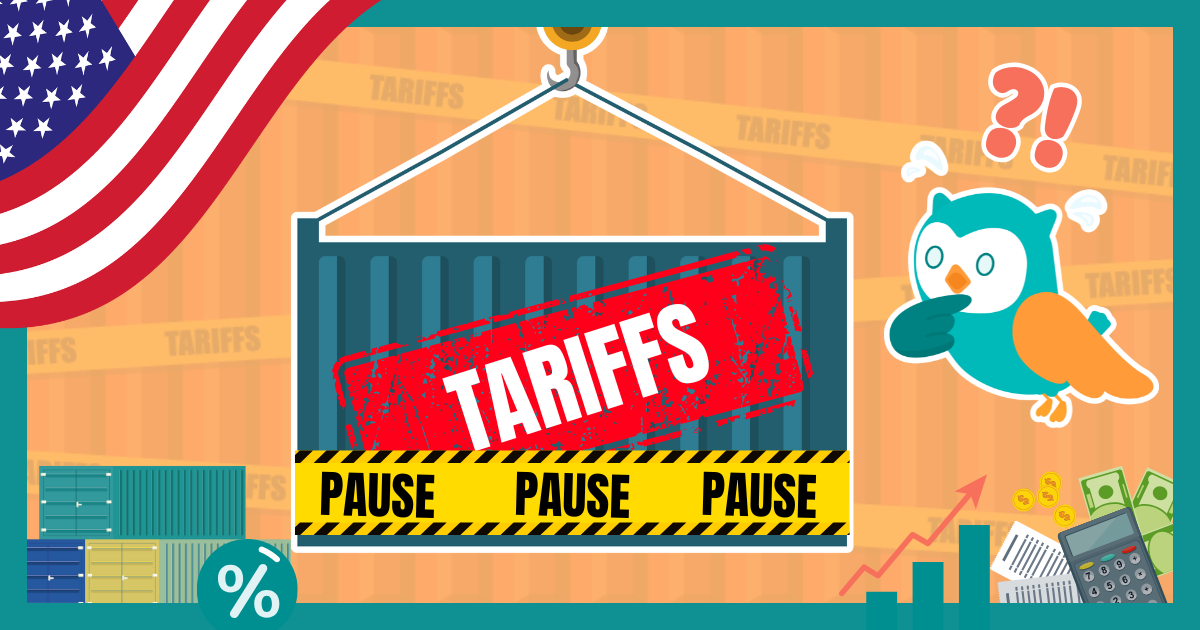Note: It was announced in November 2023 that MoneyOwl will be acquired by Temasek Trust to serve communities under a re-purposed model, and will move away from direct sale of financial products. The article is retained with original information relevant as at the date of the article only, and any mention of products or promotions is retained for reference purposes only.
______________
Investor resilience is needed in a volatile market. Our Investment Team reiterates, that nobody can anticipate where the market will go next. So trust that if you stay invested even during downturns, you will reap the rewards when the market eventually goes up.
(24 October 2022 – 28 October 2022)
Major indices continued their rally this week – The S&P 500 and the MSCI World Index were up 3.95% and 4.01%, while Money Owl’s 100% equity portfolio also recorded a rise of 2.82%. In fixed income, the US 10-year Treasury yield was down 19bps to 4.02% while the Bloomberg Barclays Global Aggregate Bond index was up 2.07%.
Hopes for a less aggressive Federal Reserve had helped US stocks continue to rise despite last week’s flurry of disappointing earnings from tech giants. Analysts see room for a massive rally should policymakers turn dovish when they announce their decision on Wednesday.
Resilience In A Changing World
An investing seminar themed ‘Building Investor Resilience in a changing world’ held last weekend drew a full house crowd. The audience wanted to find out the latest global market trends, and how they can invest and grow their monies amidst a rising interest rate market.
The speakers unanimously delivered the same message – no one can tell where the market is headed next, avoid monitoring daily market movements too closely, and trust that if you stay invested even during downturns, you will reap the rewards when the market eventually goes up.
Historically, equity returns following sharp declines have, on average, been positive.

The graph above shows a broad market index tracking data since 1926 in the US, which shows that stocks have tended to deliver positive returns over one-year, three-year, and five-year periods following steep declines.
On average, just one year after a market decline of 10%, stocks rebounded 12.5%, and a year after 20% and 30% declines, the cumulative returns exceeded 20%. Over three years, stocks bounced back more than 30% from declines of 10% and 20%, although—while still positive—returns were not as impressive after 30% declines. But five years after market declines of 10%, 20%, and 30%, the average cumulative returns all top 50%.
A look at the data makes a case for sticking with a plan. Handsome rebounds after steep declines can help put investors in a position to capture the long-term benefits the markets offer.
As we approach the tax planning season, this may be a good time to invest your SRS savings in diversified, low-cost funds that can help you catch the market when it goes up. A limited number of clients stand to receive up to $500 Fairprice vouchers when you invest your SRS savings with MoneyOwl. Click below to find out more.
US Prices, Spending Continue To Rise
US consumer spending, which accounts for more than two-thirds of US economic activity, rose 0.6% in September, while the core personal consumption expenditures (PCE) price index also rose 0.5%, matching the gain in August. These keep the Federal Reserve on track to hike interest rates by three-quarters of a percent this week.
China Clinging On To Zero Covid
Three years into the pandemic, China is sticking to its Covid Zero policy despite heavy economic costs, growing unrest and isolation from the rest of the world. At the Communist Party’s congress earlier this month, Xi Jinping defended the strategy as one that saves lives, offering no steer on when it’s likely to end. China’s economy grew 3.9% in the third quarter, which is well below Beijing’s growth target of 5.5% and the World Bank anticipates that China will underperform Asian growth this year for the first time since 1990.
Tech Bruised
In a swift reversal of fortunes, tech stocks slumped in post-market trading after some of the industry’s biggest names posted disappointing results. Meta’s fourth-quarter forecast came in on the low end of analysts’ estimates, which sent shares tumbling. Similarly, Google parent Alphabet fell as much as 7.4% after third-quarter revenue came in below expectations, while software giant Microsoft lost 8.1% following a disappointing revenue forecast.
Read more Market Insights here.
Disclaimer: While every reasonable care is taken to ensure the accuracy of the information provided, no responsibility can be accepted for any loss or inconvenience caused by any error or omission. The information and opinions expressed herein are made in good faith and are based on sources believed to be reliable but no representation or warranty, express or implied, is made as to their accuracy, completeness or correctness. Expressions of opinions or estimates should neither be relied upon nor used in any way as an indication of the future performance of any financial products, as prices of assets and currencies may go down as well as up and past performance should not be taken as an indication of future performance. The author and publisher shall have no liability for any loss or expense whatsoever relating to investment decisions made by the reader.
Follow MoneyOwl on social media for more awesome content on investments, insurance, and financial planning!




